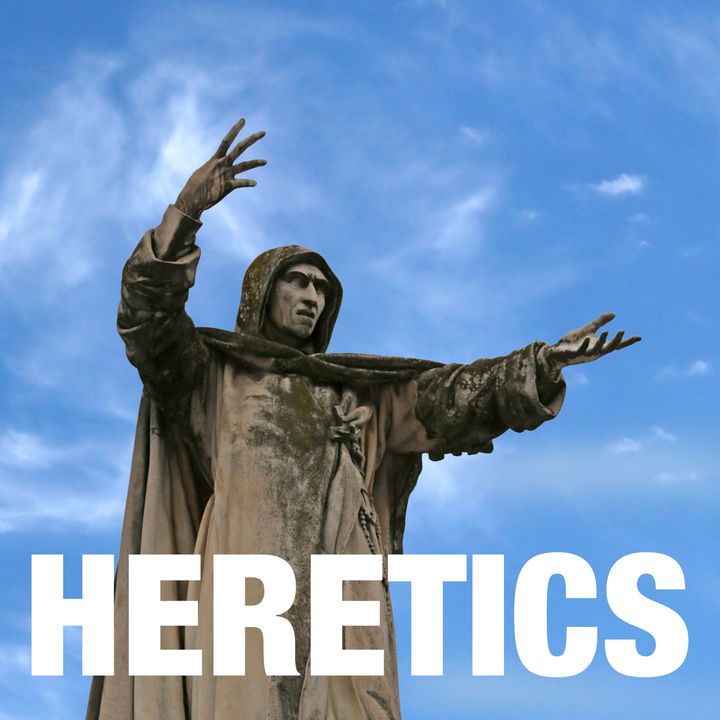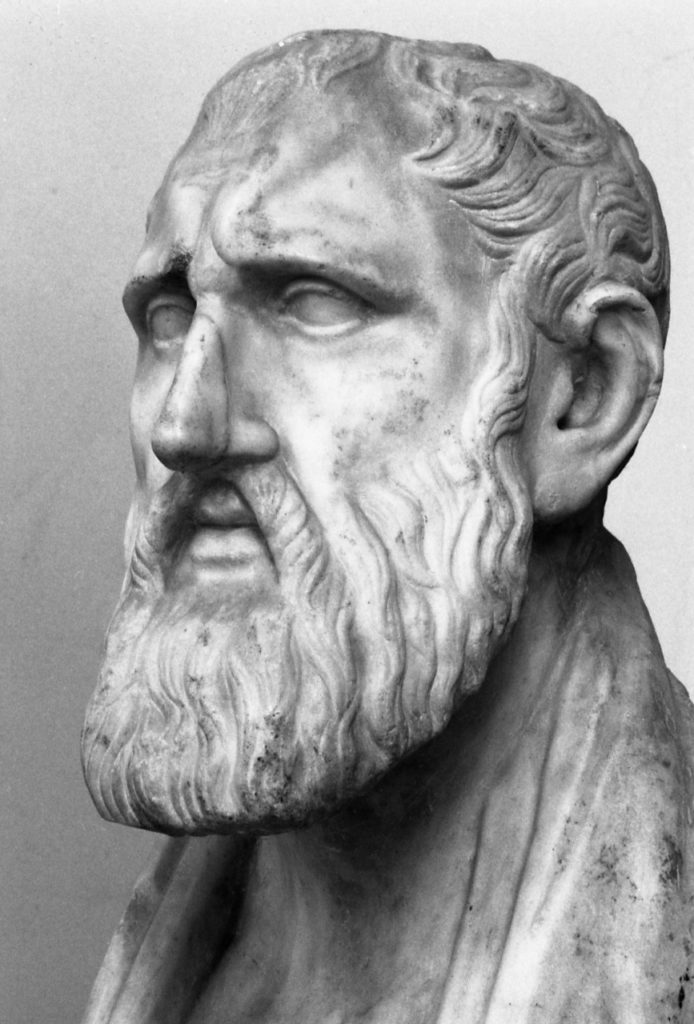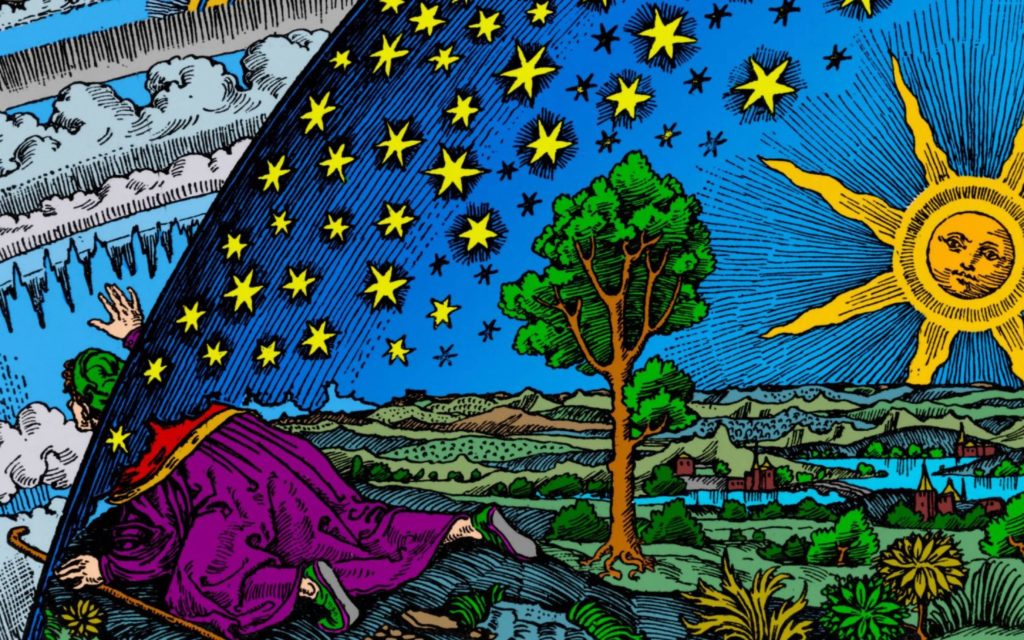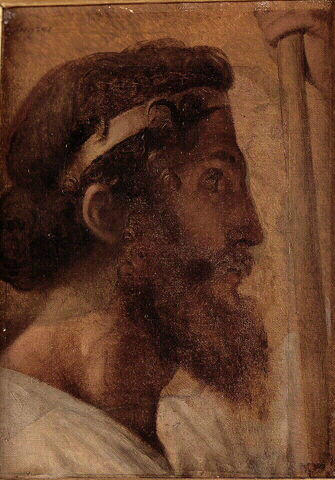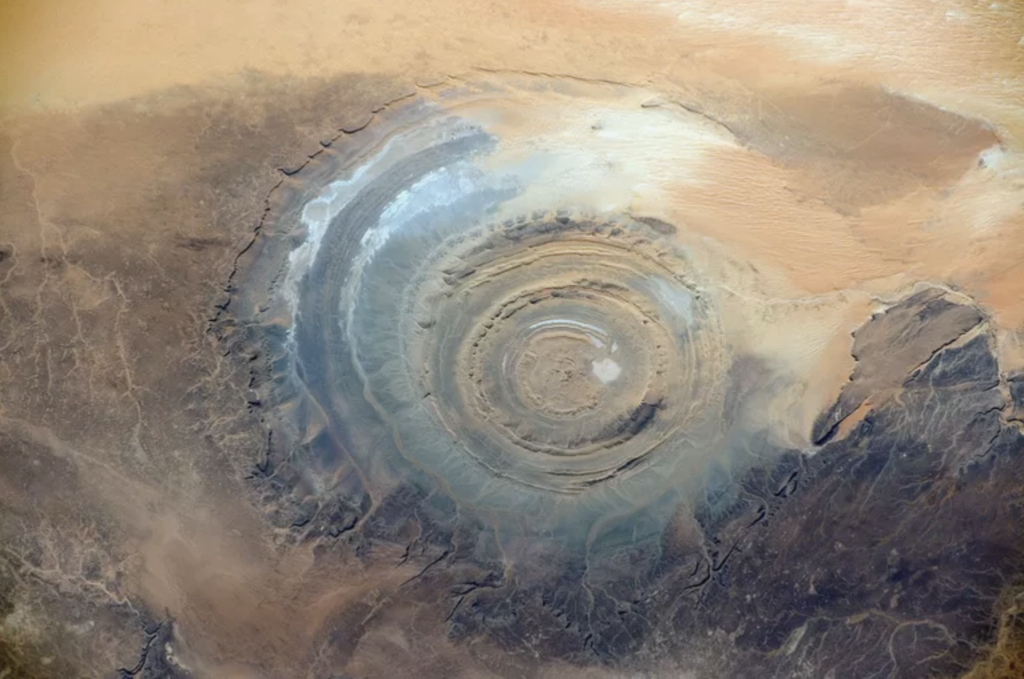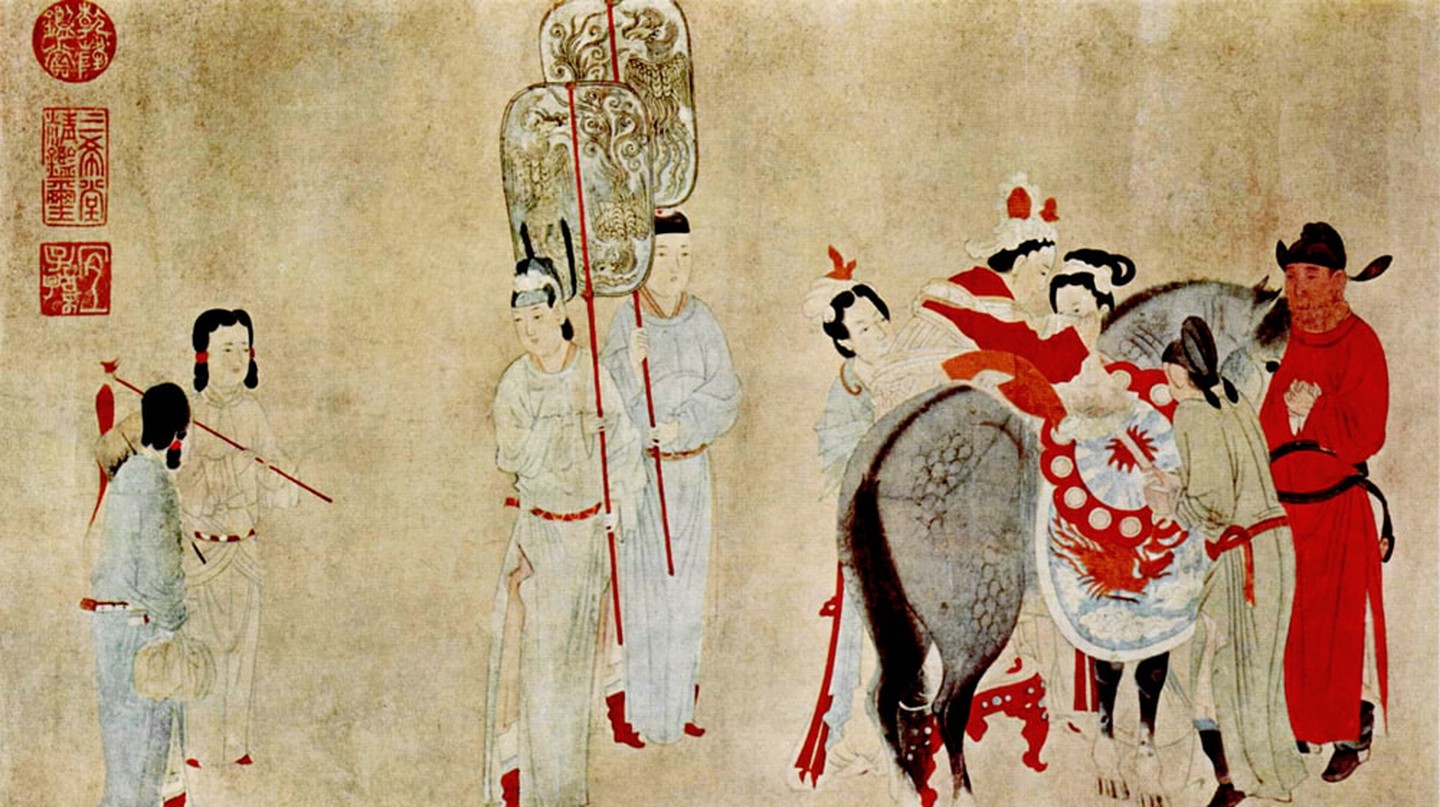#86 Genesis 6-7 Noah vs Utnapishtam (Utnapishtim)
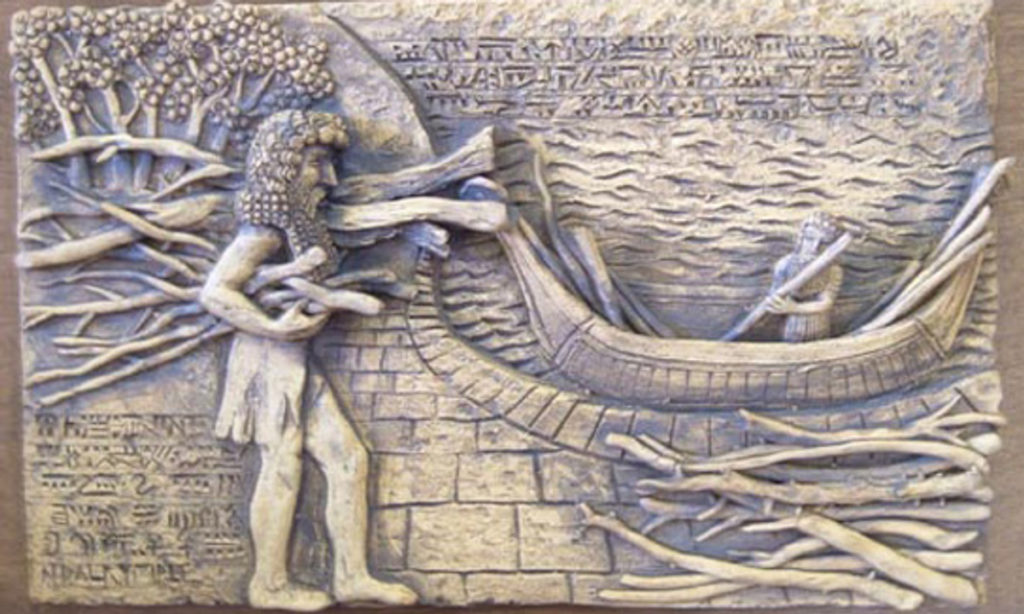
Utnapishtam was the ancient version of Noah in the Mesopotamian flood myth that was incorporated into Genesis about 2000 years after it was first written. In this episode we compare and contrast the older Mesopotamian and newer Genesis versions of Noah, and look at some of the social reasons for the (slight) differences between them.
